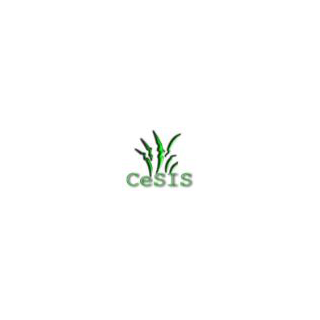About
Centre for Social Impact Studies (CeSIS)

![]() Africana Lodge, Dove House, No. 4 Off-Government Hospital Road, Mangoase Obuasi Municipal - Ghana
Africana Lodge, Dove House, No. 4 Off-Government Hospital Road, Mangoase Obuasi Municipal - Ghana
![]() (+233) 24 977 5522
(+233) 24 977 5522
About
Ghana’s discovery of oil and gas in commercial quantities in 2007 presented several opportunities and challenges for the country in terms of how the resources could be utilized to address the economic difficulties prevalent in the country. Though there was general euphoria surrounding the oil discovery as hopes sky rocketed of an emerging economic powerhouse, there were also some lingering doubts about the country’s ability to manage her newly found resource well in order to escape the resource curse that has plagued countries like Nigeria.
One major challenge that the country had to brace herself to face was how community livelihoods would be protected. Communities faced potential challenges like environmental problems, social problems like migration, stress on social infrastructure like schools and hospitals as a result of migration of labour into the oil districts, loss of livelihoods of fisherfolk and fishmongers due to the fact that they were banned from fishing close to the oil rig.
All these concerns were articulated against the backdrop of over a hundred years of mining in Ghana. Mechanised mining in Ghana started in the late 1890s in places like Tarkwa, Obuasi and Prestea. The liberalization of the mining sector started another chapter in the socio-economic development of the country. With more and more multinational mining companies coming into the country to invest, gold production more than quadrupled over a ten year period. Currently, multinational giants like AngloGold Ashanti, Newmont Ghana Gold Limited and Goldfields Ghana Limited are operative in the country.
The Centre for Social Impact Studies (CeSIS) is a Ghanaian registered non-governmental organization formed to address the challenges of evidence-based advocacy among civil society actors working in Ghana’s extractive sector.
Thematic Areas
CeSIS works in the following thematic areas:
- Agriculture, Environment and Mining
- Oil and Gas
- Disability, Gender and Social Inclusion
- Good Local Governance
Strategies of Work
- Research: CeSIS was founded on the basis of the need to close the gap between good quality, reliable and credible research that will inform policy advocacy.
- Advocacy: Evidence based advocacy lies at the heart of the work CeSIS does. Cutting edge research informs the nature of advocacy the organization does. There are three main levels of advocacy which will drive CeSIS’s work: local level advocacy; which will involve advocacy centred around locally generated issues that require local solutions. The second tier of advocacy is national level. This type of advocacy is geared towards influencing policy change at the national level. At this stage, CeSIS will vigorously pursue policy change in each of the thematic areas the organization is working on. Finally, we remain committed to our international networks and partners and as a result we will do advocacy on issues that have international ramifications. In striving to work at all these levels, CeSIS does a lot of media advocacy as well.
- Network/Coalition Building: CeSIS believes that the very nature of our work requires a lot of information and experience sharing. We therefore place premium on building coalitions and networks so that information and experience can be shared across the civil society front. We therefore cherish our membership of the Ghana chapter of Publish What You Pay (PWYP – Ghana) and Western Region Network of NGOs (WERENGO).
Affiliations
- National Coalition on Mining (NCOM)
- Civil Society Platform on Oil and Gas (CSPOG)
- KASA Partners
- Coalition on the Right to Information (CRI)
- Publish What You Pay, Ghana (PWYP – Ghana)
